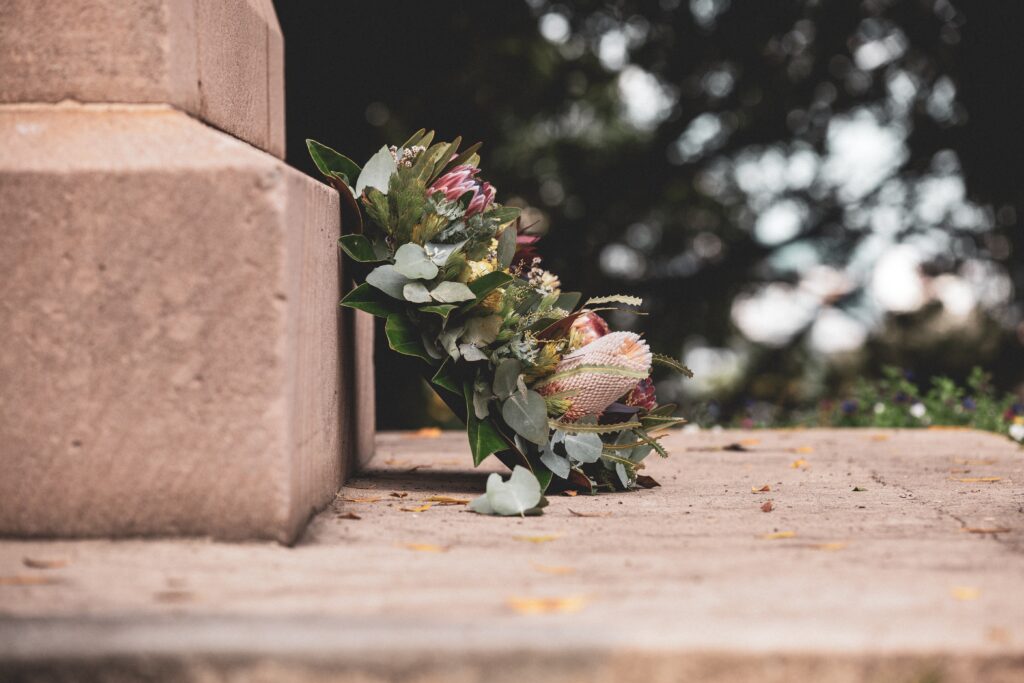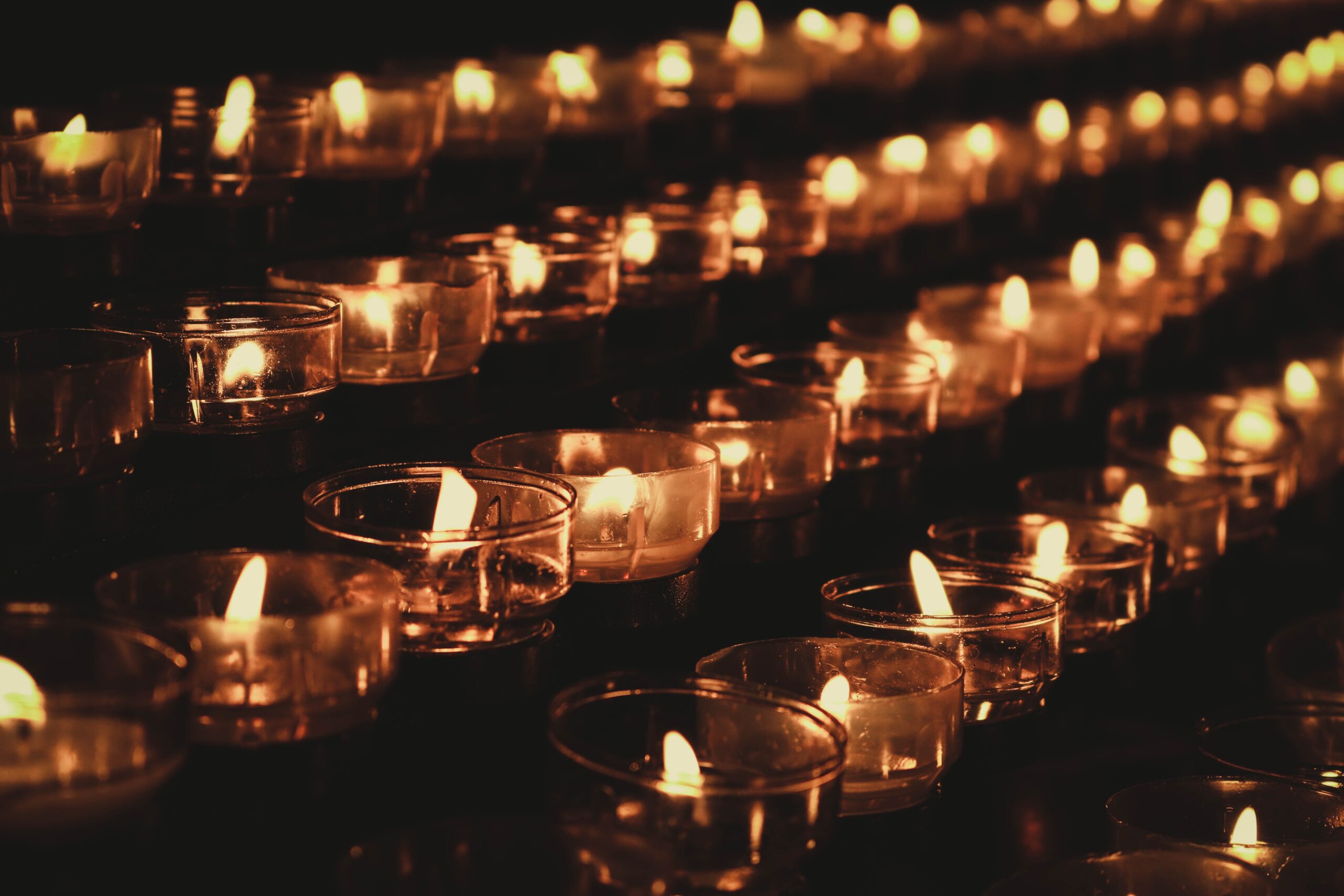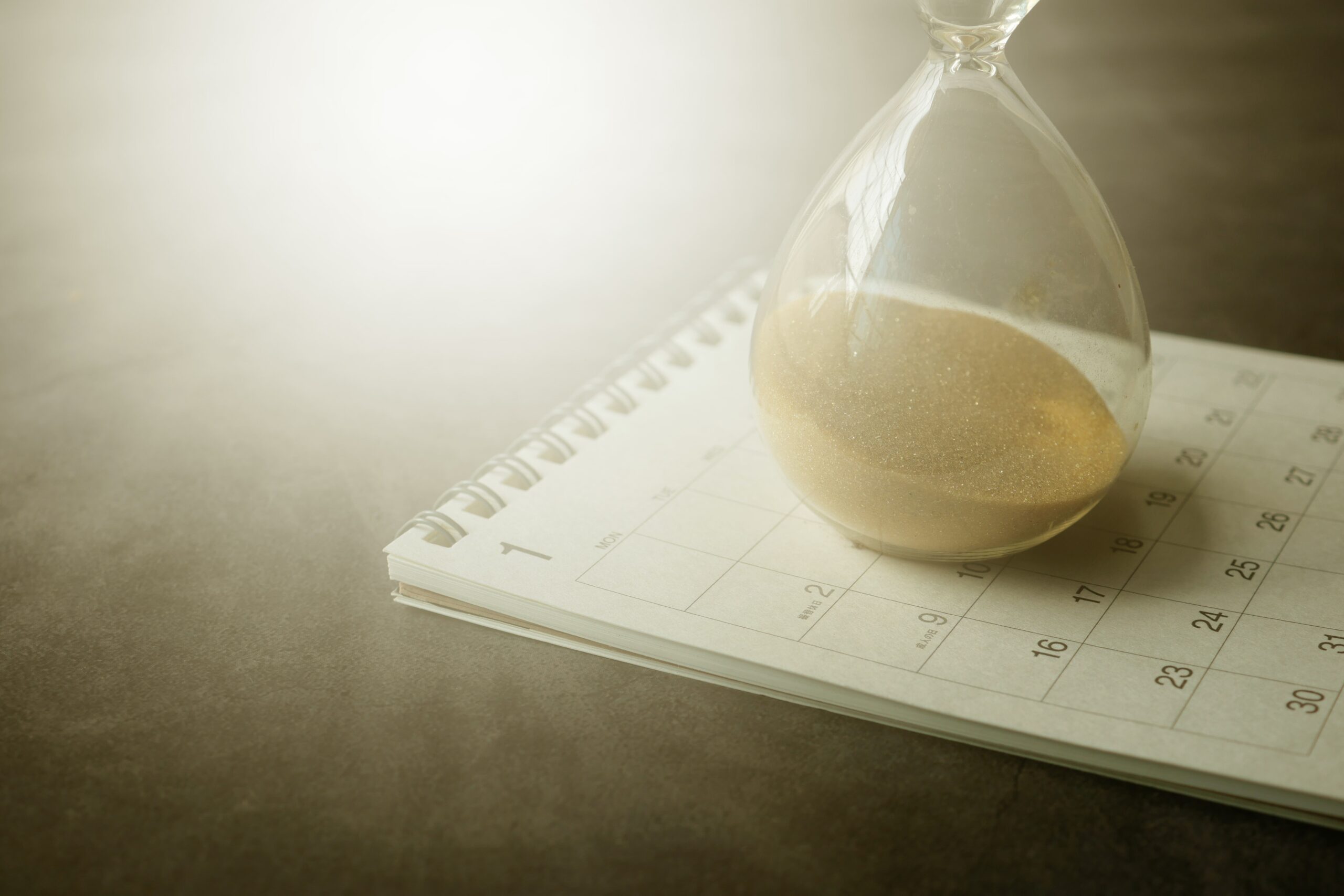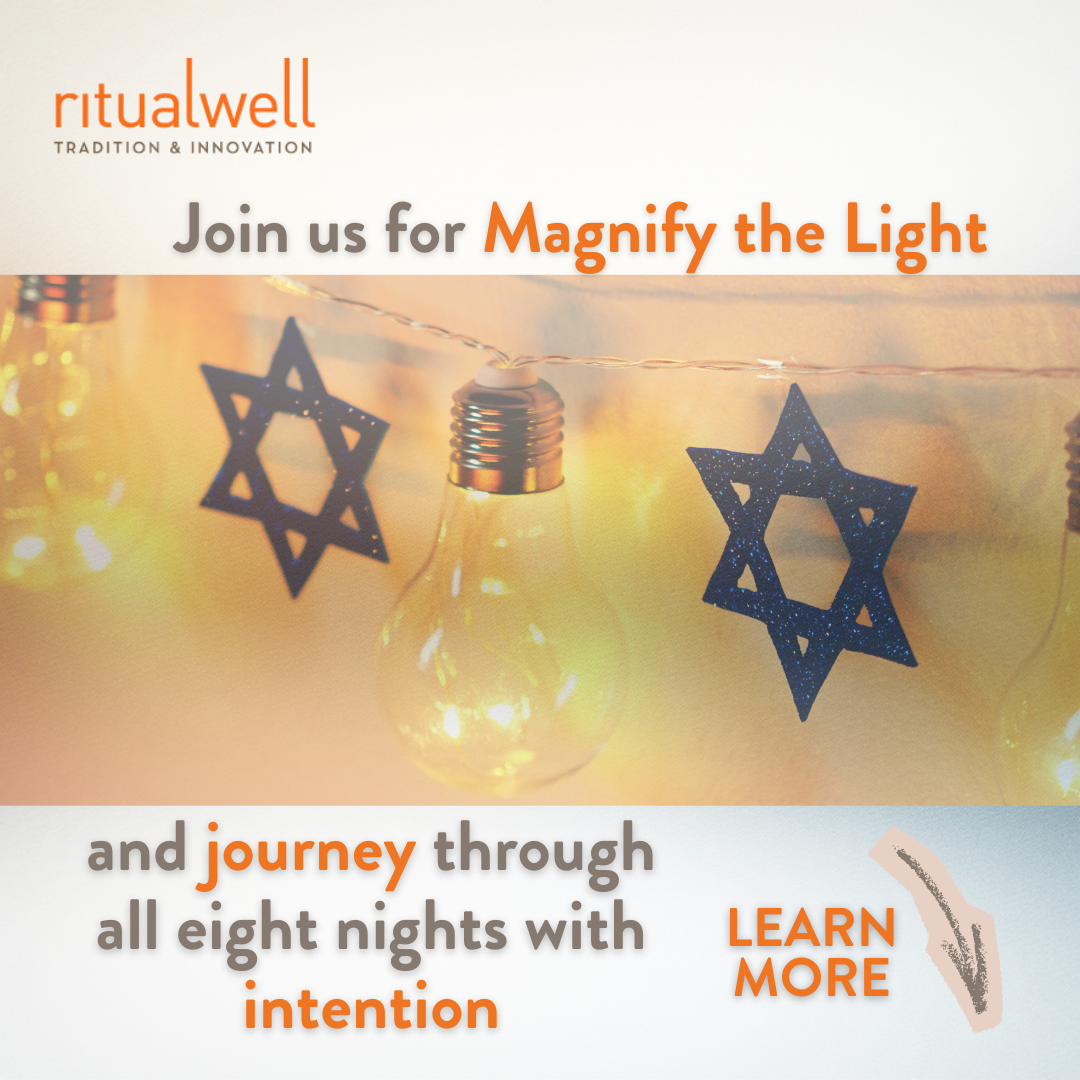Jewish mourning takes place both in private and public settings. When we visit a grave or observe a yahrzeit, the anniversary of a person’s death, we generally do so in private.
Kever Avot is the custom of visiting graves of loved ones between Rosh HaShanah and Yom Kippur.
Yizkor is the public observance for the community of bereaved that takes places four times a year: at Yom Kippur, Sukkot, Pesach and Shavuot.
God, Source of All, Comfort of all who mourn, I ask for Your comfort as I return to a place of emotional devastation. My heart is filled with the pain of loss; I feel the sharpness of a grief that will be with me until my own dying day.
At this time of year, when it is traditional to visit the graves of our beloved dead, I ache with longing. I feel so very far away, separated by geography and time and by the reality that life does go on, no matter how difficult it is to be without _________. How I wish we could be together again to talk, to laugh, to touch. How I wish I could say “I love you” one more time.
In the midst of my sorrow at a life without __________, I am grateful that I have been granted the ability to know what it is to love and be loved in return. As I light this candle in honor and memory of my beloved__________, I thank and bless you, God, Source of Life and Love, for blessing us with the life we shared.
I ask you, God, to bless me with comfort and healing. May the blessing of ___________’s life give me the courage to make a blessing of my own. May I go forward from this time in renewed strength and peace. Amen.














One Response
This will be a very helpful prayer/blessing during each yizkor and Yartzeit candle lighting when I light a candle five times a year for my twin brother.
Todah Rabah.